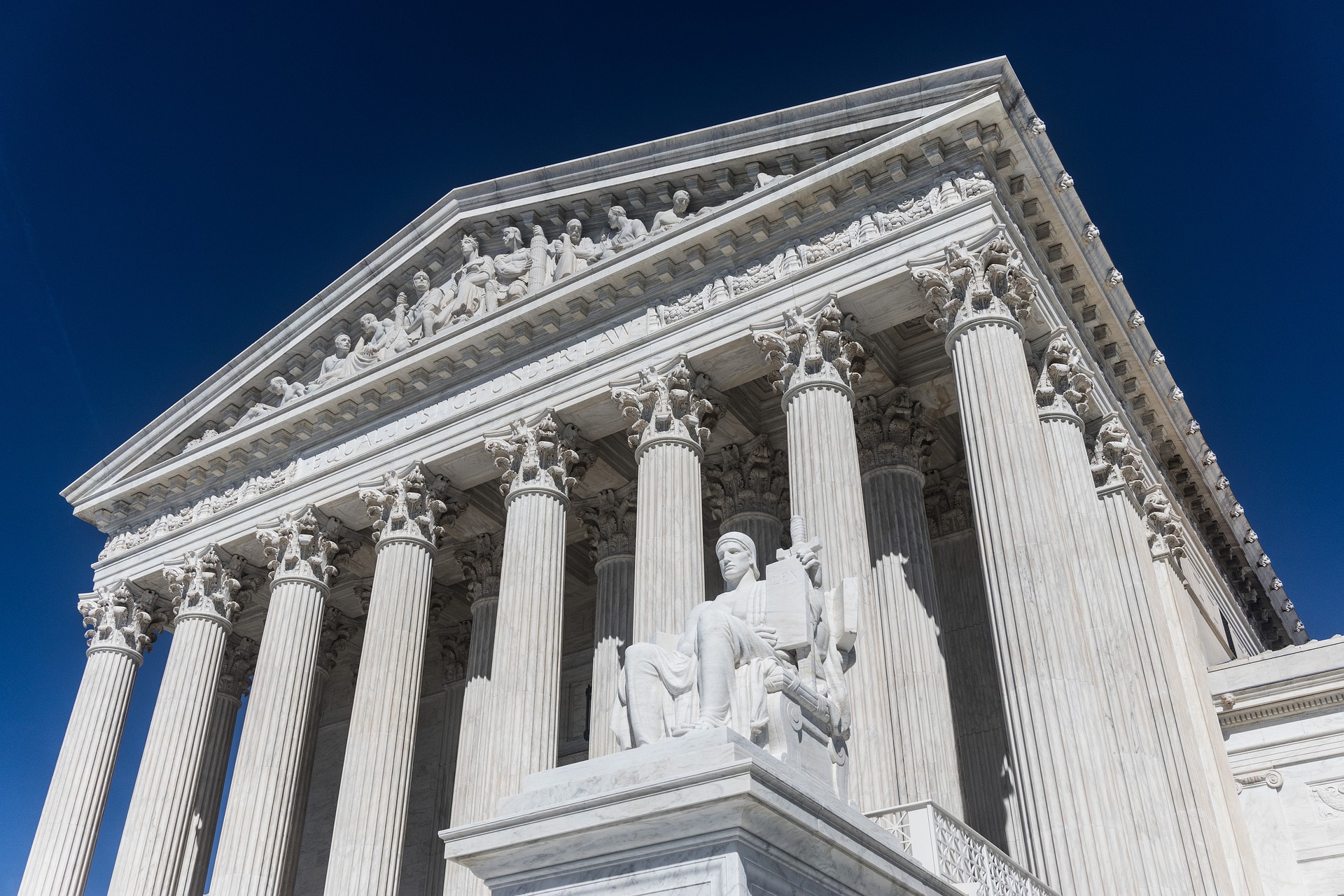Decoding Stigmas: The Role of Mental Health Laws in Deinstitutionalization
Current societal discussions, fuelled by mental health advocates, have amplified the urgency to revamp the interrelationships between mental health and incarceration. These advocates are intricately revising fundamental queries, such as how the developmental trajectory of legal doctrines intertwine with concepts of mental health, sparking implications for policymakers.

Therapeutic Jurisprudence: More than a Term
What often leads people to criminal behaviors is not sheer wilfulness, but mental illnesses impair rationalities. Criminologists initiate the combat against stigmatization through ‘therapeutic jurisprudence’ - an approach to personalize justice while emphasizing healing. The underlying premise becomes critical in understanding scenes beyond the conventional courtroom walls - as the suspect before the gavel may well have been denied the mental health support.
Deinstitutionalization: Does Downsizing Cure?
Deinstitutionalization trends across American care settings purport beneficial turnovers for mental health care recipients. Detachments from gloomy institutional care to smaller, ‘homely’ residences promise regular lives for individuals bearing the mental health stamp. Examining deinstitutionalization from legal angles reopens debates on societal post-stigmatization’s vast translational potential.
Mental Health Laws - What has Changed?
Efficient interplaying between mental health policies is quintessential for abandoning prejudiced dichotomies revolving around psychiatric disorders. The Federal and Individual State Provisions, Subpart I, “Parity and Mental Health and Substance Use Disorder Benefits,” intend to discontinue discriminatory trade-offs for people seeking ameliorated social lives. Wrapping individuals under better insurance covers, mental health laws project insurance parity as major steps towards blurring the shackles.
Swinging the Future: Holistic Mental Health Rights
Despite powerful strides overhead, mental health laws extend far beyond imprisonment philosophies. Social workers suggest collective lobbying as providing robust backbones, concurrently calling upon lawyers for weaving creative solutions stimulating consensual sentencing, effective prisoner-transfer rules, supportive release plans, etc. Maintaining reciprocity while safeguarding the revolving construct of ‘dosage justice’ isn’t too bold on the adept minds already at play.
- Parity laws continue to hit nabrows on ensuring equal treatments for all mental disorders within each insurance section.
- The decade-long slow train of class lawsuits nudges robust boosts in regulatory measures, forensic agencies keenly validating prison-fed mental health diagnoses.
- Meyer-Palike agencies’ permissions convey confronting legal promises for re-anchoring mental health contexts for surviving,yet affect-ridden partners through Visitation Rights.
Reflecting upon the discourse identifier Mr. S.Newton cited, “unless someone like you cares a whole awful lot, nothing is going to get better, it’s not,” we recall the resilience blended into transformation efforts at mental health laws’ intersection with legal herbicides. Consequently, inter libido debates enrich the eclectic intercourse, unraveling possible consequences originating relatively obscure yet prevalent avenues. These lay groundwork for discernible argumentative continuities that may support future developments. From imprisonment consultation realms to varied transcription platforms, the roadmap stands vividly once ready for advancing toward prescription peaks and crossing intervention rivers.




